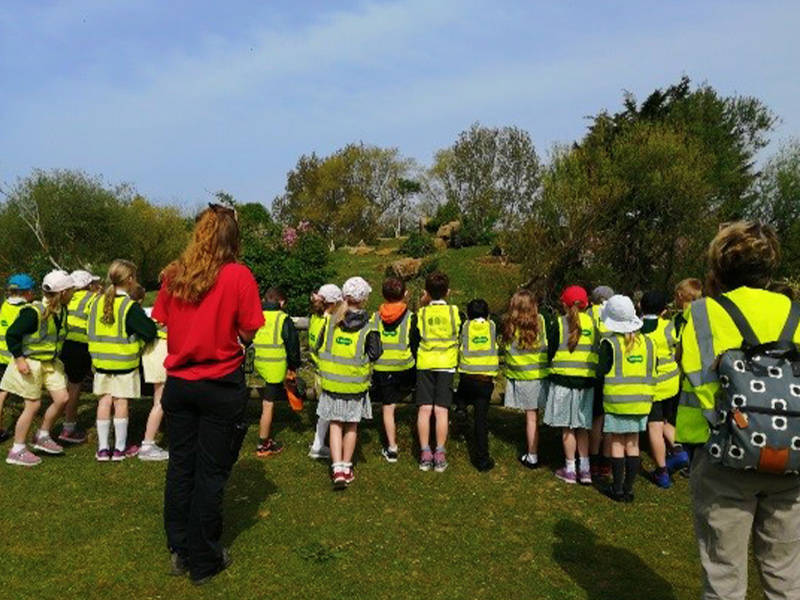Hurry! Save 25% on 2026 memberships!
Enhance your visit with an educational workshop, giving your students a unique and immersive zoo experience. Our workshops bridge classroom learning with our exclusive resources, enriching the understanding of curriculum science topics for your students.
Workshops can be delivered in our Education Academy which features 3 themed classrooms, each accommodating up to 30 students and each fully wheelchair accessible. For larger groups or multiple classes attending simultaneously, we offer spacious areas within the zoo that can host up to 200 attendees. This option is particularly popular with high schools and colleges.
The cost per student for a workshop is only £1 and you can view the workshops we have to offer here.
If you require further information, would like to discuss a tailor-made workshop or would like to book please email zoo.school@blackpoolzoo.org.uk.
EACH TOPIC IS CONSOLIDATED WITH A WORKSHEET INCLUDING ACTIVITIES AND TASKS TO COMPLETE BOTH AT THE ZOO AND BACK AT SCHOOL .
